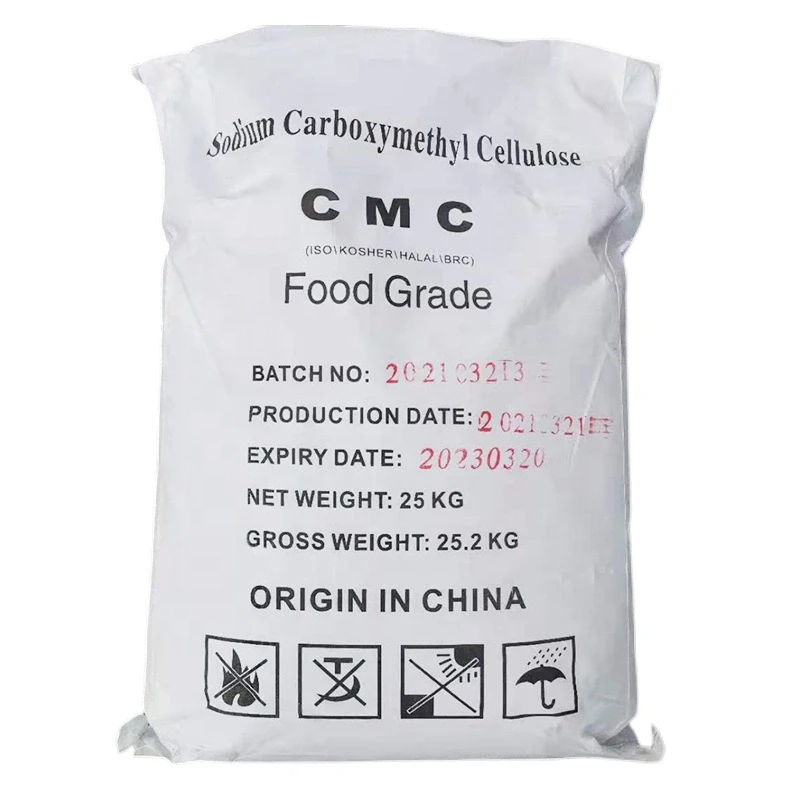



Understanding the Composition and Benefits of Manganese Sulphate Fertilizer in Agriculture
Understanding Manganese Sulphate Fertilizer Composition
Manganese sulphate fertilizer plays a pivotal role in agriculture, especially in enhancing soil health and improving crop yields. This compound, with the chemical formula MnSO₄, is an essential source of manganese—a micronutrient vital for plant growth. In this article, we will explore the composition of manganese sulphate fertilizer, its benefits, and its application in various agricultural practices.
Composition of Manganese Sulphate
Manganese sulphate consists primarily of manganese (approximately 32% by weight) and sulphate ions. The manganese present in this compound is crucial for several physiological functions in plants. It acts as a cofactor for various enzymes involved in essential metabolic processes, including photosynthesis, respiration, and nitrogen assimilation. The presence of sulphate helps in sulfur nutrition, which is also an essential macronutrient for plants.
Typically, manganese sulphate is found in a monohydrate form (MnSO₄·H₂O) or as an anhydrous powder. The monohydrate form contains about 32% manganese and 18% sulfur, making it a concentrated source for these nutrients. The solubility of manganese sulphate in water allows it to be easily absorbed by plants, which is crucial for its effectiveness as a fertilizer.
Benefits of Manganese Sulphate Fertilizer
1. Micronutrient Supply Manganese is essential for chlorophyll formation, and it plays a critical role in the photosynthesis process. A deficiency can lead to yellowing of leaves, known as interveinal chlorosis, especially in younger foliage.
2. Enzyme Activation Manganese acts as a cofactor for enzymes, aiding in key processes, including the metabolism of carbohydrates and the synthesis of several amino acids.
3. Disease Resistance Adequate manganese levels can enhance plants' resistance to certain diseases, including some fungal infections. This is particularly beneficial in crops such as soybeans, which are prone to specific pathogens.
manganese sulphate fertilizer composition

Recognizing Deficiency and Proper Application
Manganese deficiency is often identified by specific symptoms in plants. In addition to chlorosis, plants may exhibit stunted growth, poor root development, and, in severe cases, death. Soil testing is essential to determine manganese levels and rectify any deficiencies before they adversely affect crop yield.
Applying manganese sulphate can be done in several ways
- Soil Application It's often incorporated into the soil pre-planting or during the growing season. This method ensures the necessary nutrients are available to plants from the start.
- Foliar Sprays In cases of rapid deficiency correction, especially in sensitive crops, foliar sprays with manganese sulphate can provide immediate benefits. This method allows for faster absorption through leaf surfaces.
- Combining with Other Fertilizers Manganese sulphate can be mixed with other fertilizers to create a balanced nutrient solution tailored to specific crop requirements.
Conclusion
The composition of manganese sulphate fertilizer makes it an indispensable part of modern agriculture. Its dual role as a source of manganese and sulphate effectively supports plant growth and health. With its ability to enhance photosynthesis, improve disease resistance, and boost crop quality, manganese sulphate is a crucial player in addressing nutrient deficiencies in various soils.
Farmers and agronomists should pay close attention to manganese levels in their fields and consider the application of manganese sulphate as a viable solution to promote healthy, high-yielding crops. By understanding the importance of micronutrients like manganese, we can work toward more sustainable agricultural practices that result in better productivity and crop quality.
-
Why Sodium Persulfate Is Everywhere NowNewsJul.07,2025
-
Why Polyacrylamide Is in High DemandNewsJul.07,2025
-
Understanding Paint Chemicals and Their ApplicationsNewsJul.07,2025
-
Smart Use Of Mining ChemicalsNewsJul.07,2025
-
Practical Uses of Potassium MonopersulfateNewsJul.07,2025
-
Agrochemicals In Real FarmingNewsJul.07,2025
-
Sodium Chlorite Hot UsesNewsJul.01,2025










